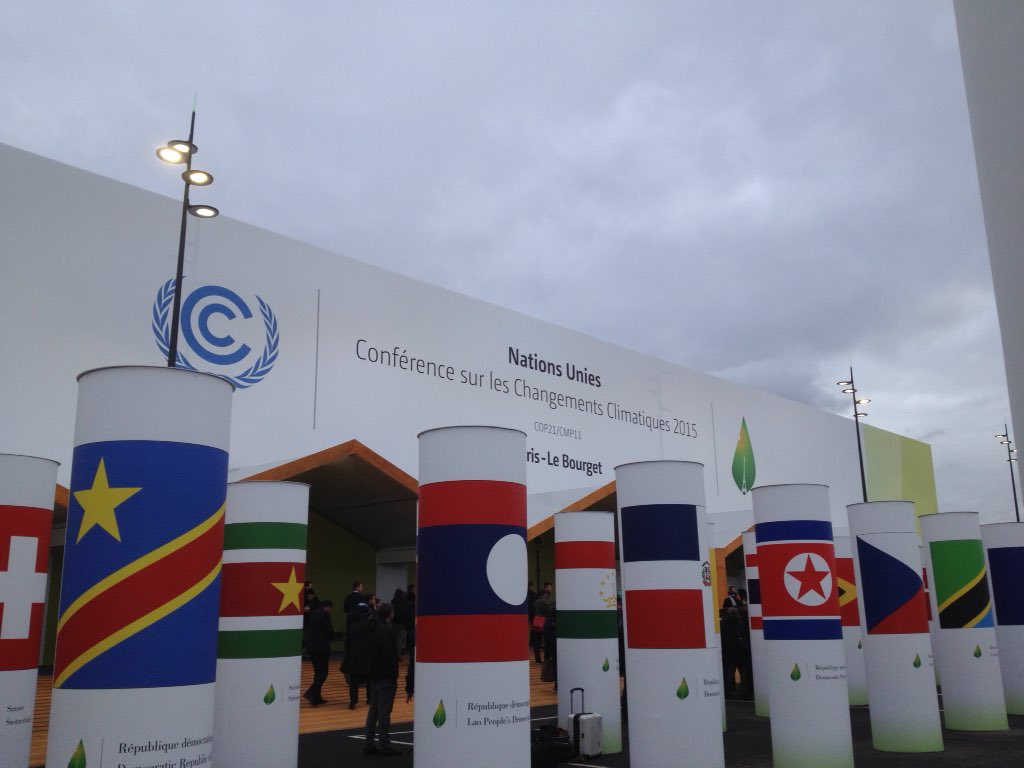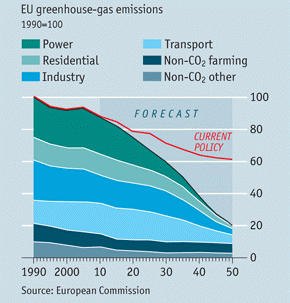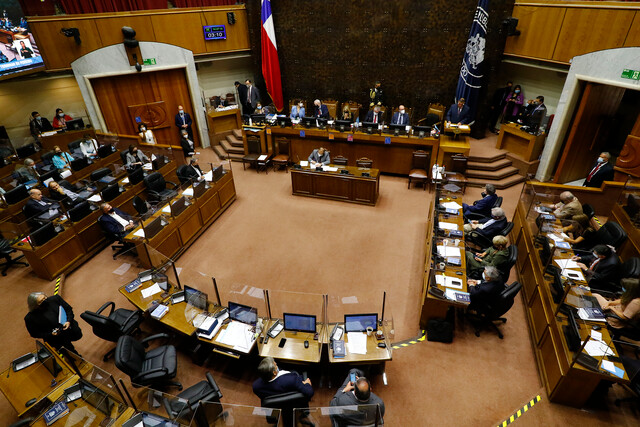by Professor Teresa Parejo Navaja, Universidad Carlos III de Madrid
The Spanish Ministry of Environment has recently given a Resolution on the Environmental Impact Statement for the project on the construction of an oil refinery (“Balboa” oil refinery) in the Autonomous Community of Extremadura, western Spain. The statute that regulates the Impact Assessment of projects in Spain is the Royal Legislative Decree number 1/2008, of 11th of January (RTIAL), that gathers, in one single act, for the sake of the principle of legal certainty all the rules in force (in particular, the ones that transposed the EU Directives and their amendments) regarding the Impact Assessment of projects subject.
The “Balboa” oil refinery (and its associated facilities) construction project referred in this case, falls under paragraph 3.a) of Annex I of the RTIAL (Group 3), hence, having subjected an EIA prior to the administrative approval, in conformity to article 3.1) RTIAL, an EIS should be formulated in accordance with article 12.1 of the RTIAL.
The EIS was accomplished by Resolution of the 16th of July 2012 of the Spanish Ministry of the Environment and has been published in the Official Gazette (BOE) number 181 of the 30th of July 2012, with an unfavorable outcome to the construction of the project due, among other causes, to its energy inefficiency. In fact, although the Balboa refinery (and its associated facilities) incorporates the best available energy efficiency techniques, its localization, more than 180 km away form the coast, brings about a general energy consumption increase that results incompatible with the promotion of the energy saving and energy efficiency policies, as well as the sustainability of the energy model of the EU Directives and the Spanish regulation. Specifically, Directive 2006/32/CE, of the European Parliament and the Council, of 5th of April 2006 and Law 2/2011, of 4th of March (page 54699 and 54700 of the Official Gazette) because the Directive takes the view that a greater efficiency in the final use of the energy will contribute to a decrease in the primary energy consumption, a reduction in the C02 emissions and other GHG, and with all that, to prevent the dangerous effects due to the climate change problem.
On the other hand, the study of the spread and the contribution of the refinery emissions to the increase of the concentration of the main pollutant gases on the atmosphere, considering as well the synergic and cumulative impact of the combined cycle power plants emissions that are to be projected in the surroundings of the Balboa refinery (pages 54657 to 54661), has concluded that the maximum concentrations are inferiors to the limits established by Royal Decree 102/2011, of 28th of January, regarding the improvement of the air quality.
Therefore, the Resolution of the Spanish Ministry takes into account a) the GHG emission levels in the EIA which, in this particular case, have been less than the allowed levels; b) the impact on the environment of the energy efficiency measures of the project, which has been decisive for the final decision of the Ministry; and, hence, c) implicitly, the climate change, again, as a factor for the determination of the effects, either direct or indirect, of a concrete project on the environment, that is, as an environmental impact factor.




